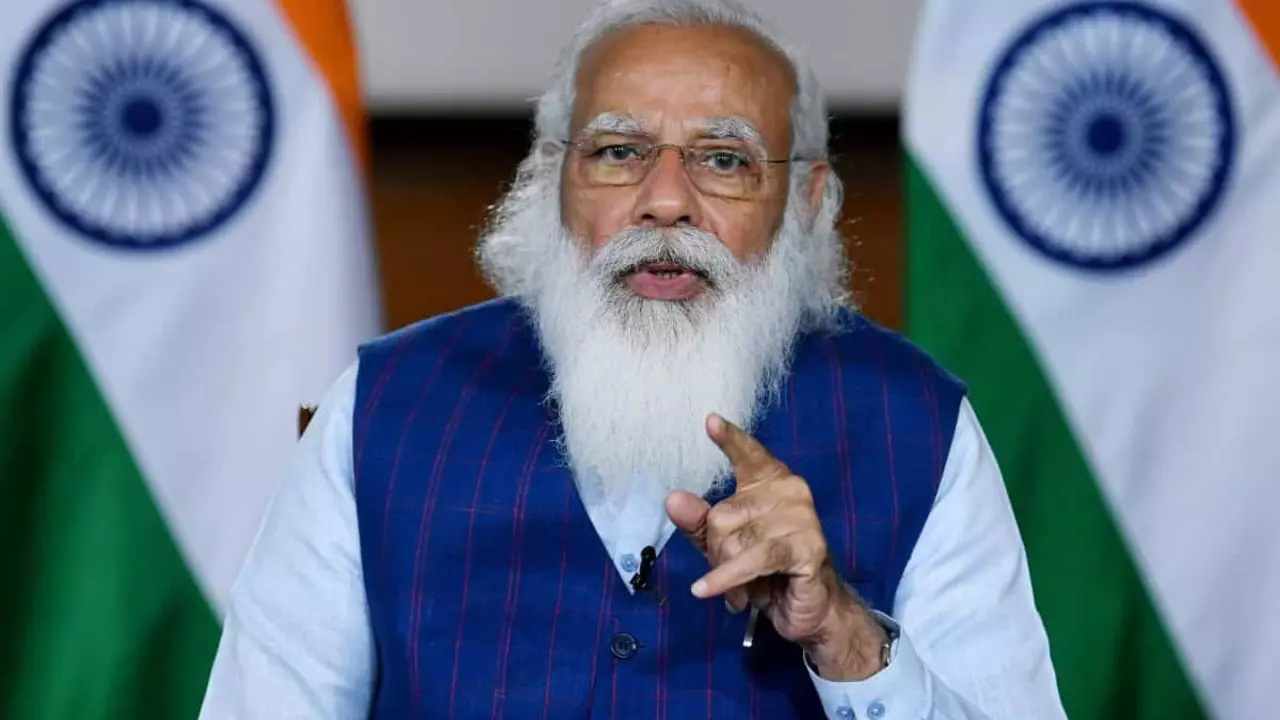Chief Minister: How Their Decisions Touch Your Life
Chief ministers run state governments and decide policies that affect daily life. They set budgets, lead health and education programs, manage law and order, and shape local business rules. When a chief minister announces a new scheme or lockdown, that news matters fast. This tag collects reports, analysis and updates about chief ministers across India so you know what matters in your state.
Not every headline matters equally. Look for actions with clear results: budget allocations, hospital expansions, school reforms, recruitment drives and major court battles. Scandals and political fights make news, but practical changes show up in funding, rules and implementation. For example, a chief minister’s decision on public transport fares or power subsidies can hit household budgets the same week.
How chief ministers affect your daily life
If you live in a state, the chief minister’s office touches local services directly. Roads and public transport planning decide your commute time. Health policy affects hospital staffing and vaccine drives. Education budgets influence teacher hiring and school supplies. Law and order plans change police priorities and disaster response affects relief speed. That means monitoring chief minister updates can help you plan work, travel and family needs.
Chief ministers also push laws through state assemblies. New state rules can change business licenses, land approvals and local taxes. Small traders, farmers and students feel these shifts quickly. When a chief minister announces new support for farmers or a loan program for small shops, the real test is how fast local offices deliver the promised help.
How to follow and verify chief minister news
First, check official announcements from the state government or the chief minister’s office. Press releases, official gazettes and verified social accounts are primary sources. Second, compare multiple news reports. If several credible outlets report the same detail, it’s likely accurate. Third, watch for dates and implementation steps. An announced scheme may need assembly approval or cabinet orders before it starts.
For local impact, read beyond headlines. Look for follow-up stories about scheme rollouts, beneficiary lists and audit reports. Local reporters and civic groups often publish the ground reality sooner than national outlets. If a story sounds extreme, check court records or government notifications to avoid sharing misinformation.
This tag page on News4Everyone India groups stories about chief ministers, from policy decisions to controversies and elections. Use it to track who is shaping your state, which promises turn into actions and which remain announcements. Want quick updates? Scan our latest posts, follow verified state feeds, and set alerts for budget days, assembly sessions and major policy rollouts. Staying informed helps you respond faster to changes that affect work, family and finances.
Want local edge? Subscribe to state editions, follow city reporters and join community groups that share scheme rollouts. Ask officials for application forms and deadlines. Check beneficiary lists, save application numbers and keep copies of receipts. Small steps increase the chance you get help the chief minister promised and act quickly.
Narendra Modi not the only PM to also serve as CM?
In my recent blog, I discussed how Narendra Modi, the current Prime Minister of India, isn't the only one who has also served as a Chief Minister. There are other leaders who have walked this path before him, highlighting the fact that state leadership can often pave the way to national leadership. This dual experience of Modi, as a former Chief Minister and now a Prime Minister, offers a unique perspective on governance at both state and national levels. However, it's crucial to remember that each leadership role comes with its own challenges and opportunities. Overall, the pattern of CMs becoming PMs is not just limited to Modi, but rather a broader political phenomenon in India.
View more